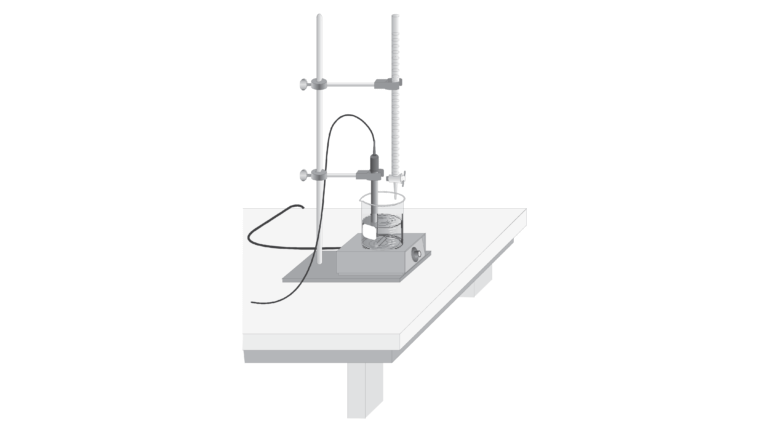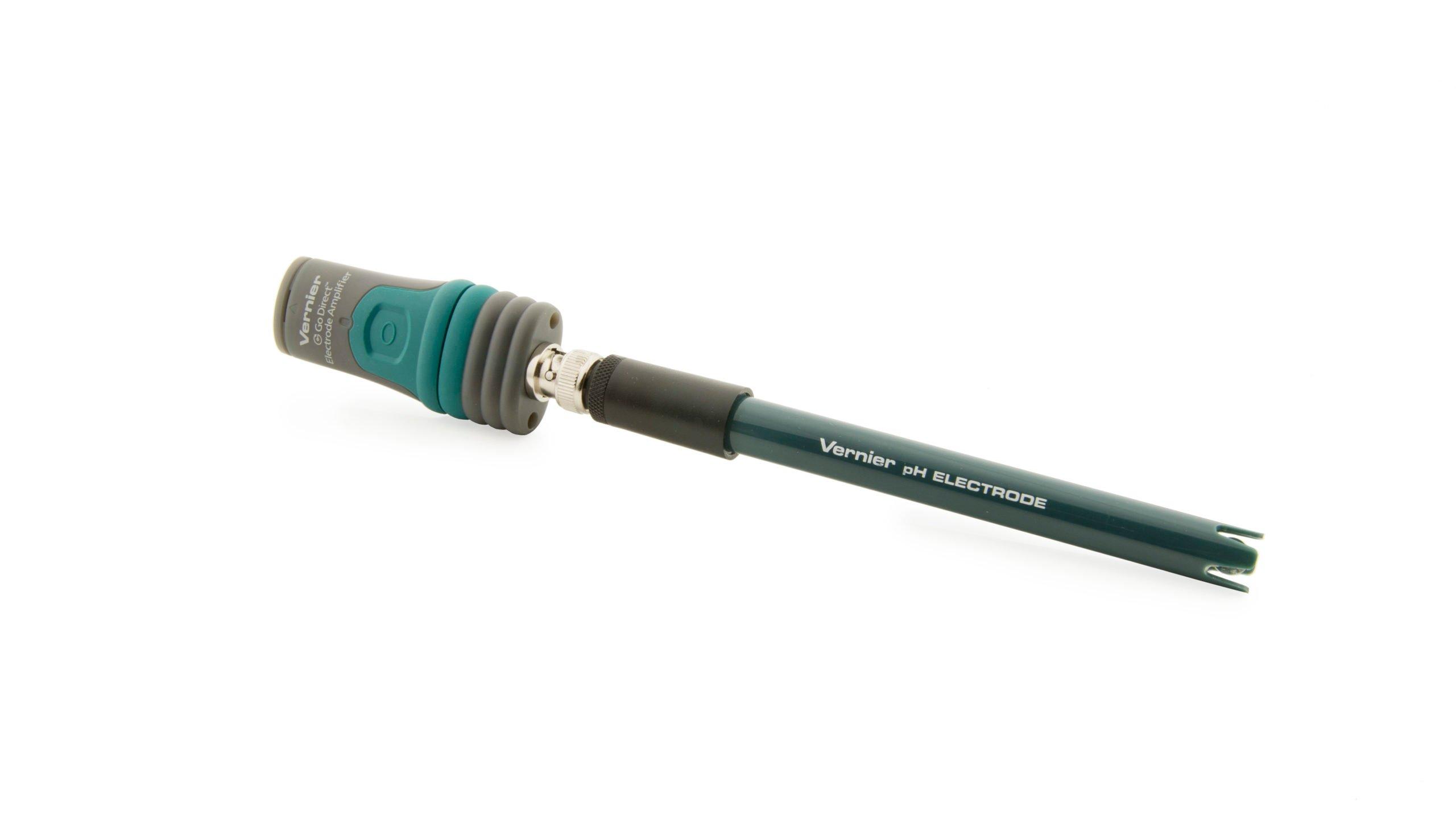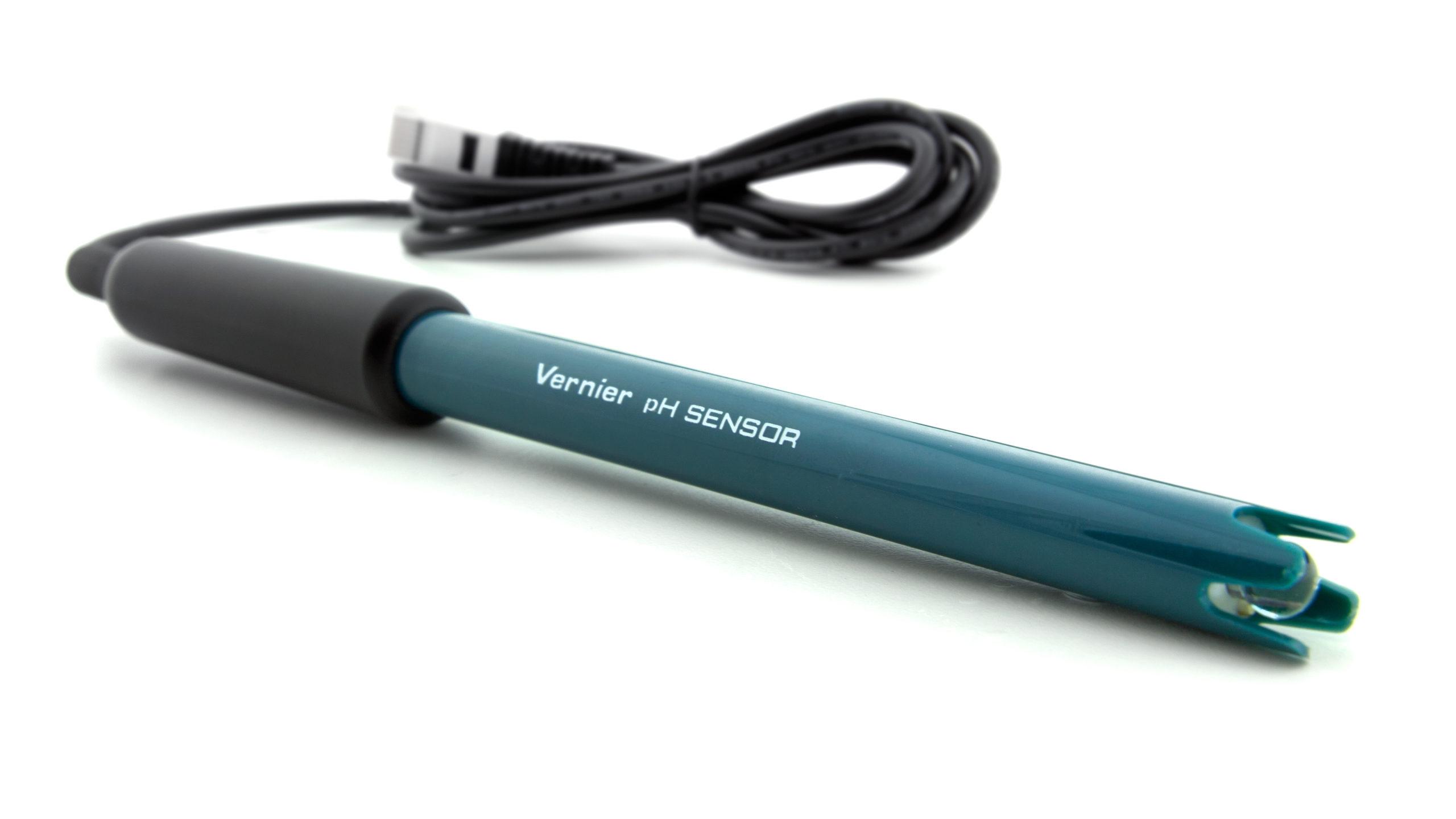The Buffer in Lemonade
Experiment #32 from Chemistry with Vernier
- Education Level
- High School
- Subject
- Chemistry

Introduction
One important property of weak acids and weak bases is their ability to form buffers. A buffer is the combination of a weak acid and a salt of the weak acid. Acetic acid and sodium acetate are an example of this kind of buffer pair. Buffers resist changes in pH upon the addition of small amounts of H+ or OH– ions. The dissociation equation for acetic acid contains both of the buffer components, HC2H3O2 and C2H3O2–:
When a small amount of an HCl solution is added to the buffer solution, most of the H+ ions are removed when they react with acetate ions:
When a solution of NaOH is added to the buffer, most of the OH– ions are removed when they react with acetic acid molecules:
Buffers are incorporated into various consumer products to help control the effects of varying pH. The popular powdered drink mix used in this experiment uses a citric acid–sodium citrate buffer to “control acidity,” according to its label.
Objectives
In this experiment, you will
- Use a pH Sensor to monitor pH as you titrate a given volume of the commercial brand of lemonade drink.
- Use a pH Sensor to monitor pH as you titrate an unbuffered solution of 0.010 M citric acid.
- Compare the results of the unbuffered solution with the lemonade buffer system.
Sensors and Equipment
This experiment features the following sensors and equipment. Additional equipment may be required.
Option 1

Option 2

Ready to Experiment?
Ask an Expert
Get answers to your questions about how to teach this experiment with our support team.
- Call toll-free: 888-837-6437
- Chat with Us
- Email support@vernier.com
Purchase the Lab Book
This experiment is #32 of Chemistry with Vernier. The experiment in the book includes student instructions as well as instructor information for set up, helpful hints, and sample graphs and data.

